The North American One – Armed Golfer Association president Dan Aldrich is the latest guest on the We’re Not Stumped podcast.
Dan was a teenager in late 1980s Los Angeles, competing as a high-speed international water skier until a fall at nearly 100 mph caused complete nerve detachment in his left arm, deemed irreparable. This injury, affecting the brachial plexus—a network of nerves transmitting movement and sensory signals from the spinal cord to the arms and hands—seemingly stripped the 18-year-old of his ability to engage in sports, including skiing and golf. He went on a high school trip two weeks after the accident and just kept thinking, ‘Here you go with life.’ “
Shortly after his senior trip, Aldrich returned home and accompanied his father to the golf course. Observing for a moment, he then borrowed a 4-wood from his father’s bag and, using only his right arm, expertly launched the ball over a water hazard, surpassing his father’s performance.
Aldrich has harnessed that inspiration not only for his personal involvement but also to uplift countless others. Serving as the President of the National One-Armed Golfers Association (www.naoaga.org), he spearheads efforts to organize and advocate for tournaments across the United States catering to one-armed golfers. The NAOAGA follows the legacy of the globally-minded Society of One-Armed Golfers, which originated in Scotland in 1932.
Links:
North American One – Armed Golfer Association – https://www.naoaga.org/
U.S. Adaptive Golf Alliance – https://www.usaga.org/
#golf #adaptiveathlete #adaptivegolf #NAOAGA #golflife #golfing #golfer #golfswing #golfstagram #golfcourse #instagolf #golfaddict #pga #golfmk #golfclub #pgatour #golfr #golfers #golftips #golfislife #adaptivesports #paragolfer #disabilityawareness #adaptiveathlete #adaptivegolfers #allarewelcomehere #amputeegolf #adaptivegolfer #amputee #adaptive
Listen on Apple Podcasts
Watch on YouTube
Listen on Spotify
In this deeply moving episode of We’re Not Stumped, host Mike Bolland welcomes Scott Martin, a bilateral hand amputee, soccer coach, and author of the upcoming memoir Play From Your Heart. Scott opens up about the life-altering infection in 1993 that led to the loss of both hands and parts of his feet, and the emotional aftermath that followed. He speaks honestly about denial, detachment, and the five-year struggle with depression that tested his identity, confidence, and purpose.
This special Christmas episode of We’re Not Stumped is a heartfelt reflection from host Mike Bolland on resilience, community, and gratitude during the holiday season. Instead of an interview, Mike takes a few minutes to acknowledge the realities many people in the limb loss and disability community face during the holidays — from accessibility challenges and family dynamics to grief, growth, and adapting to change — all with warmth and a touch of humor. Mike also shares what this podcast has taught him over the past year and gives a heartfelt shout-out to some incredible guests who trusted him with their stories.
In this inspiring episode of We’re Not Stumped, host Mike Bolland sits down with Jason A. Jones—motivational speaker, author, and founder of Positive Pieces—for a powerful conversation about resilience, mindset, and growing up with a congenital hand difference. Mike and Jason share a unique connection: both were born with a difference in their right hand. Together, they explore the realities of childhood, school, friendships, sports, and the challenges of first impressions when living with a visible disability. Jason reflects on the role his parents played in building confidence and accountability, encouraging him to adapt without excuses and believe in his own abilities. Jason also discusses his motivational memoir, 3 the Hard Way, which chronicles his journey from adolescence through college—including major setbacks like a serious car accident, job loss, and navigating employment with a disability. The conversation dives into the importance of mindset, and how resilience is built through lived experience.

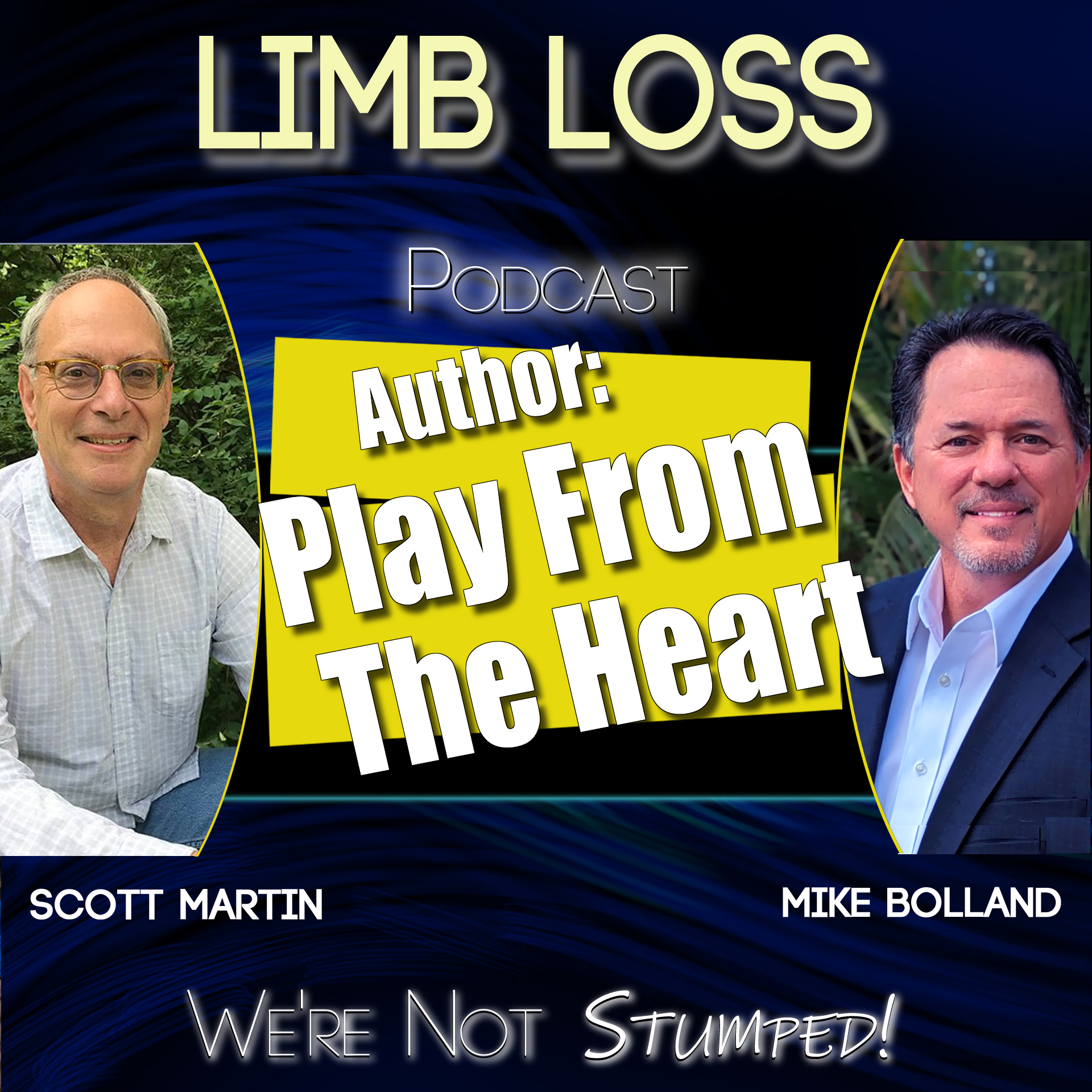

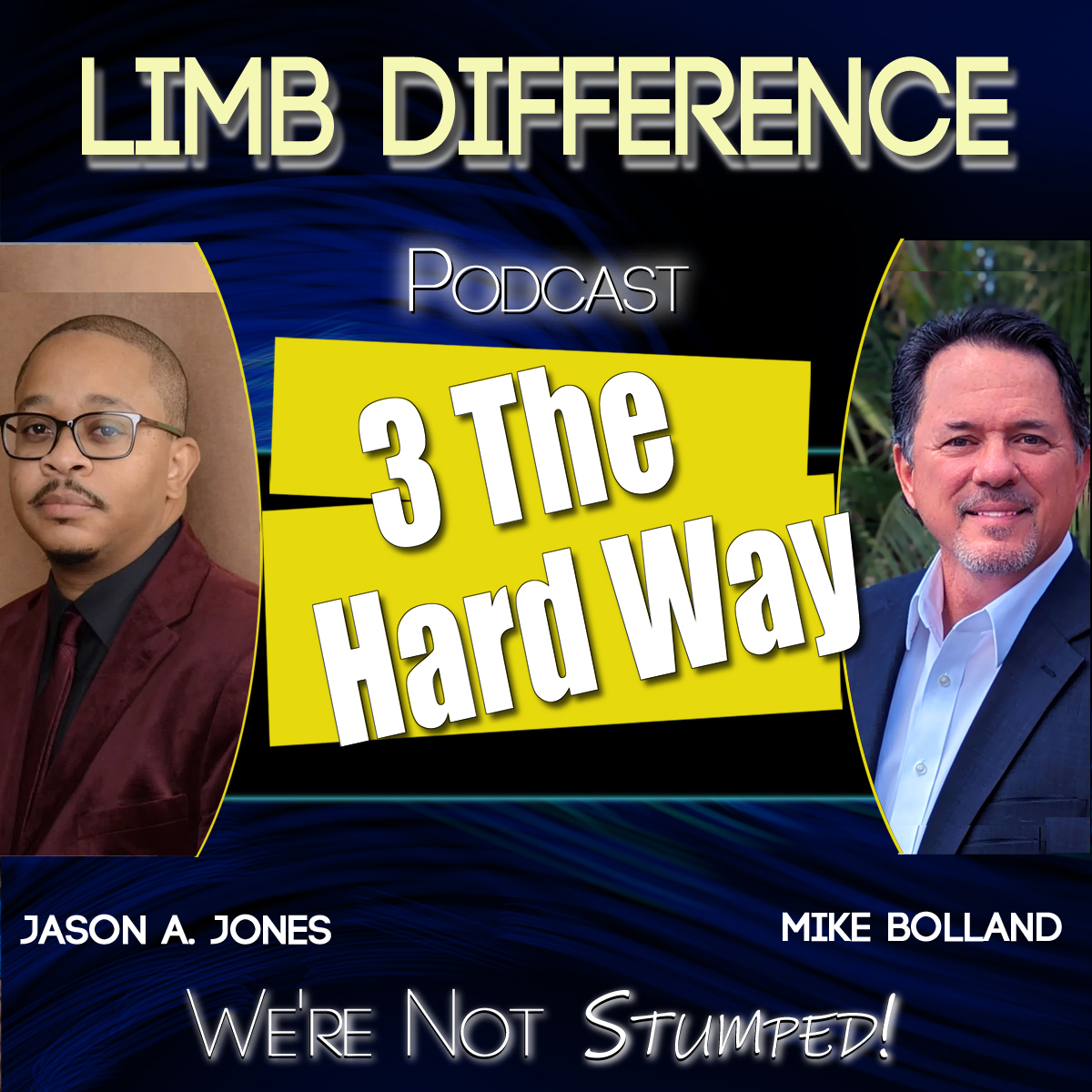
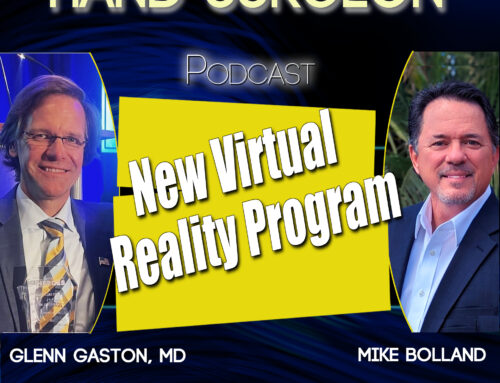
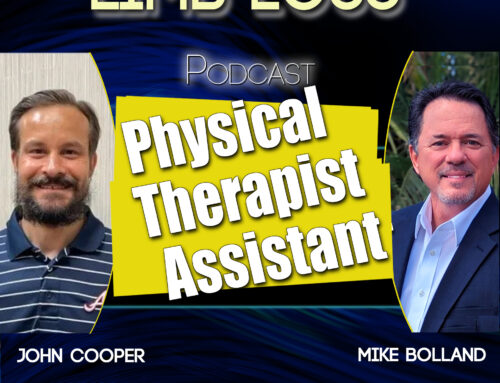
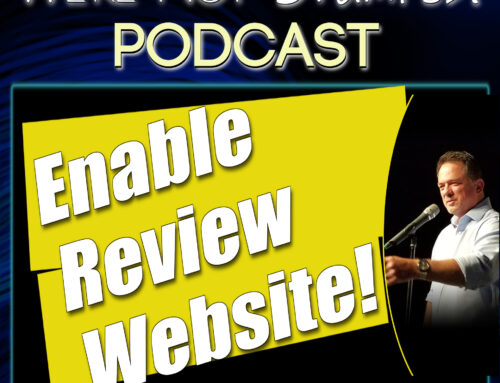
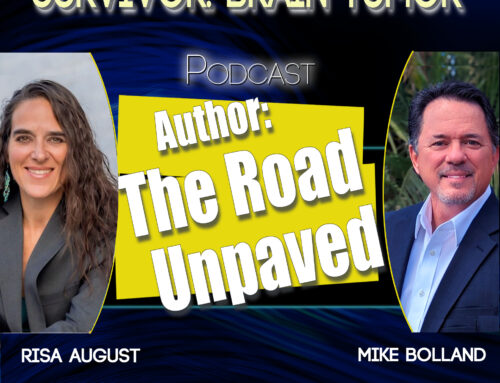
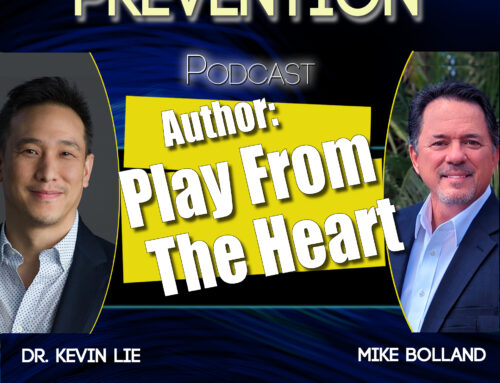
Leave A Comment